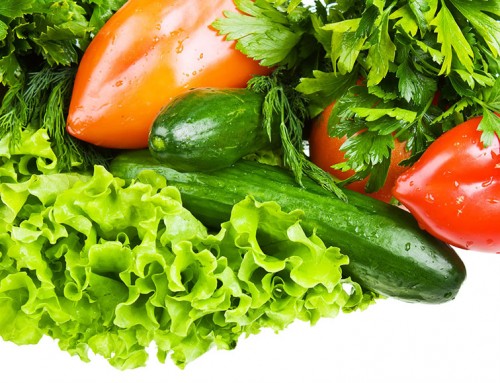The new 2010 guidelines for Americans to become healthier people was just released and can be read at the following link: Dietary Guidelines for Americans.
The report is long, but is worth the read to note the information for various dietary options including vegetarian and vegan, alongside comparisons to other diet options like the Mediterranean Diet and the DASH eating plan. With a focus on individual application, there is plenty of information about food safety alongside food choices. However, as much of the report references the measuring and quantifying of foods it is likely that media interpretation will find ways to ignore the implications that reflect the importance of simply eating more plant-based foods and much less of packaged and processed foods.
With numerous charts and graphs, most continue to reflect foods that come from major industrial groups with the focus on fats from the dairy industry, whole grains from processed sources instead from the wheat industry and significant references for limiting sugar consumption while including conflicting references to juice, soda and alcohol. The positive addition of exercise as a nutritional activity is a plus, but the omission of consuming more unflavored, unsweetened, plain water is a concern.
The focus on “nutrient dense” foods is repeatedly mentioned and defined as: “All vegetables, fruits, whole grains, seafood, eggs, beans and peas, unsalted nuts and seeds, fat-free and low-fat milk and milk products, and lean meats and poultry—when prepared without adding solid fats or sugars—are nutrient-dense foods.” This is a strong recommendation that should be set apart from the discussion of “guidelines” in order to keep from being sidetracked by calorie counting. These are the foods that the report states, “have positive health effects with relatively few calories.” (See Key Terms to Know on p. 5)
A summary of dietary lifestyle choices can be found in Appendix 2 on pp. 63-68; very good ideas but making the application to individual needs may seem daunting.
If Americans take the best of this report and begin to eat more whole, fresh and plant-based foods in their daily patterns of eating and drinking, significant health concerns will likely decrease. It may be that the children of this nation can regain true freedom and happiness learning to live a life based on the health of fruits and vegetables that are not processed into packages of a much lesser “nutrient dense” quality.
Health and Life





